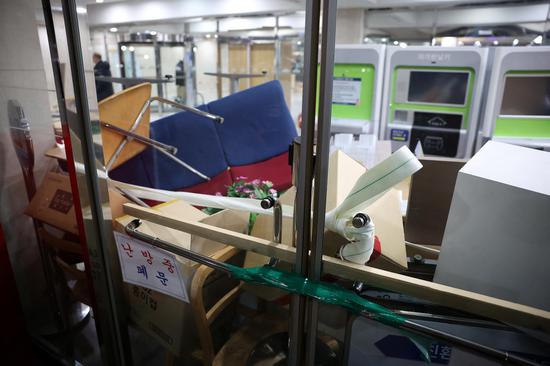(ECNS) -- The moderately loose monetary policy outlined at this year’s Central Economic Work Conference (CEWC) has sent a positive and clear signal, boosting confidence among stakeholders and stabilizing market expectations, experts said.
The annual CEWC, held in Beijing from Wednesday to Thursday, set priorities for China’s economic work in 2025. The conference announced plans for a moderately loose monetary policy in the coming year, including reductions in the reserve requirement ratio and interest rates at appropriate times to ensure ample liquidity.
Dong Ximiao, chief researcher at Merchants Union Consumer Finance Company Limited (MUCFC), noted that China's shift from a decade-long prudent monetary policy to a moderately loose stance demonstrates the government’s supportive approach. He highlighted that this move is expected to reduce comprehensive financing costs for enterprises and residents, providing critical financial support for sustained economic recovery.
The CEWC’s emphasis on reducing bank reserve requirements and lowering interest rates at appropriate intervals signals a well-optimized credit environment, according to Dong. He explained that this will ensure a reasonable money supply, maintain low interest rates, and channel resources into key areas such as scientific and technological innovation, green development, and consumer finance.
“This strategy will invigorate innovation and the endogenous dynamics of society, while enabling finance to support major national strategies and address weak areas,” Dong added.
The CEWC also stressed the importance of coordinated policy measures to enhance overall economic impact. Dong urged greater alignment of monetary, fiscal, industrial, regulatory, and employment policies to maximize their combined effects.
Pan Xiangdong, chief economist at the Qi Lai Research Institute, echoed this sentiment, predicting stronger reserve requirement and interest rate cuts by the People’s Bank of China. He noted that the monetary policy will provide targeted support to expand domestic demand, boost consumption, and stabilize the property and stock markets.


















































 京公网安备 11010202009201号
京公网安备 11010202009201号